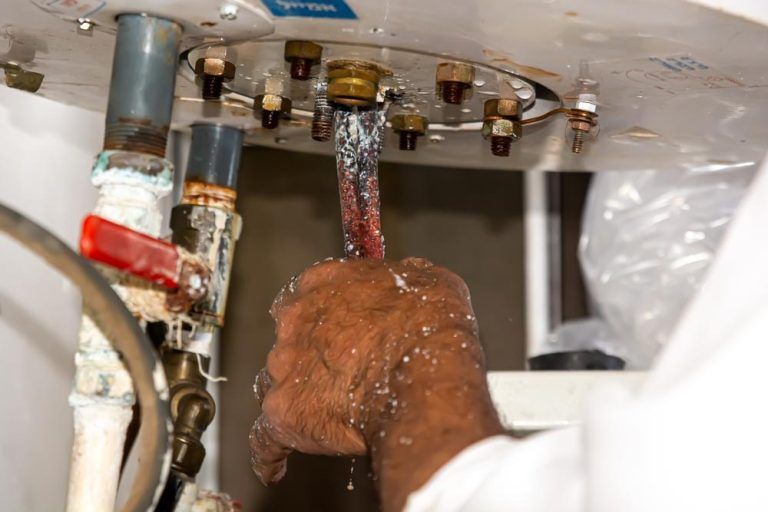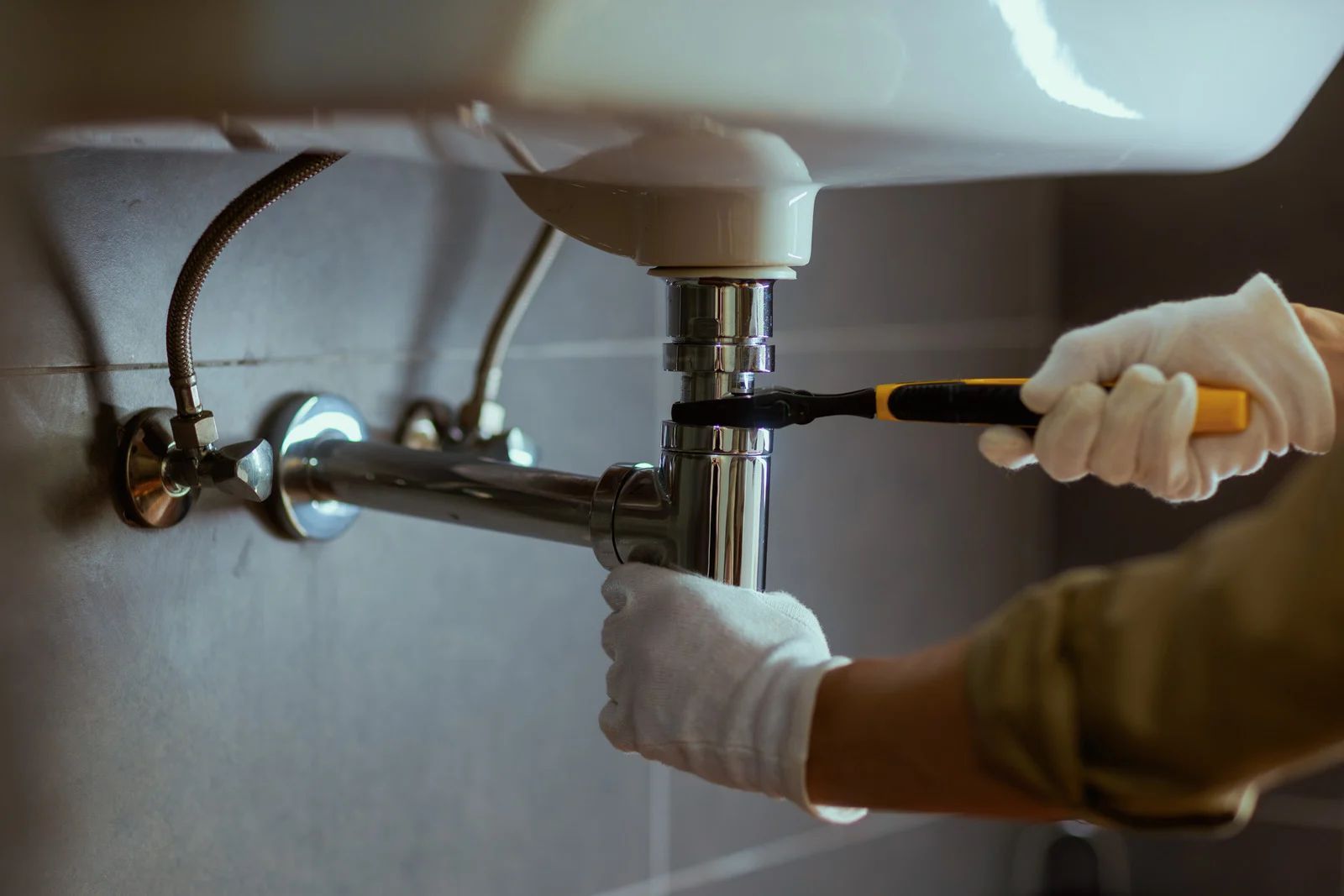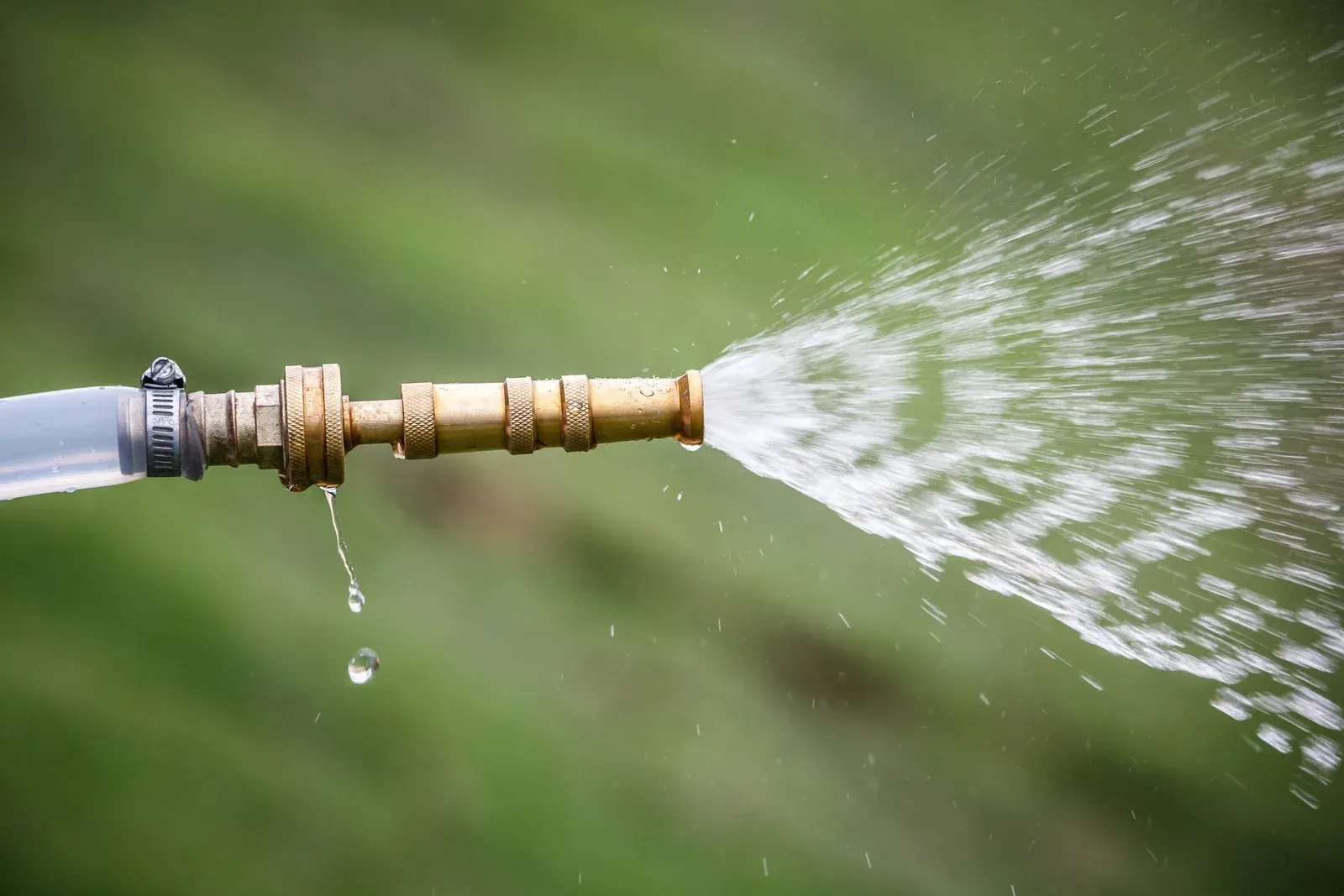What Happens if You Don’t Replace Your Water Heater Anode Rod?
While various components make up a water heater, perhaps one of the most important is the anode rod. This long metal rod (typically made of aluminum, magnesium, or zinc) attracts corrosive elements in the water—thereby protecting the water heater tank from rust and extending its lifespan.
An important detail to note is that the anode rod will eventually wear out and need to be replaced. But what happens if you fail to do so? As the go-to expert for
water heater repair in Northridge, CA, Roberts Plumbing Hydro Jet & Rooter outlines the potential consequences of neglecting this crucial maintenance task.
Accelerated Tank Corrosion
When the sacrificial anode is no longer effective, the corrosive elements it used to attract will now begin to attack the water heater tank itself. This leads to rust formation which, over time, can eat through the steel, causing leaks or even complete tank failure. Leaks can cause significant water damage to the surrounding area and trigger mold growth if not addressed promptly, while a tank failure will render the unit useless.
Replacing the anode rod as part of regular maintenance is much less expensive than having to call for hot water heater replacement sooner than expected.
Reduced Efficiency
A deteriorating anode rod often leads to sediment buildup in the tank. Sediment can settle at the bottom of the water heater, acting as an insulating layer between the burner or heating element and the water. This forces the system to work harder and longer to reach the desired water temperature, using more energy and increasing your utility bills.
The anode rod typically lasts between three and five years, depending on your water quality and usage. Still, it’s essential to have a professional plumber inspect and replace the rod as necessary during annual
water heater services and maintenance.
Discolored and Foul-Smelling Water
If the water from your hot-water tap starts to appear rusty or develops a metallic taste, a depleted anode rod could be to blame. The absence of the anode rod’s protective effect allows rust to form and mix with your water supply. Not only is this unpleasant to drink, but it can also cause staining on your clothes or dishes. Additionally, a deteriorating anode rod can create hydrogen sulfide gas, causing your water to have a distinct rotten egg smell.
Shortened Water Heater Lifespan
Water heaters are a significant investment, so you want them to last as long as possible. But as mentioned earlier, a deteriorating anode rod can lead to speedier tank corrosion and reduced efficiency—both of which can cause your appliance to fail prematurely. What’s even worse is the possibility of a rupture, since corrosion can weaken the steel until the tank gives out under the pressure of heated water. This will not only result in a costly repair bill or new water heater installation but also pose a safety hazard for your home. Make sure to let your local plumber replace the anode rod according to the manufacturer’s recommendations in a timely manner.
If what you have in your home is a tankless water heater, you don’t have to worry about anode rod replacement, since it doesn’t have one. However, it’s still essential to schedule annual maintenance to remove any mineral buildup and ensure efficient operation.
Work with the Trusted Water Heater Pros
Roberts Plumbing Hydro Jet & Rooter is your partner for all your hot water needs. Whether you need help replacing the anode rod, flushing your tank, or addressing more complex water heater-related concerns, our skilled technicians are always just a call away. We are a licensed, bonded, and insured plumbing company in Northridge, CA, and we are proud to bring quality and reliable services to residential and commercial clients in the area. Contact us today or fill out our online form to request a service visit.



